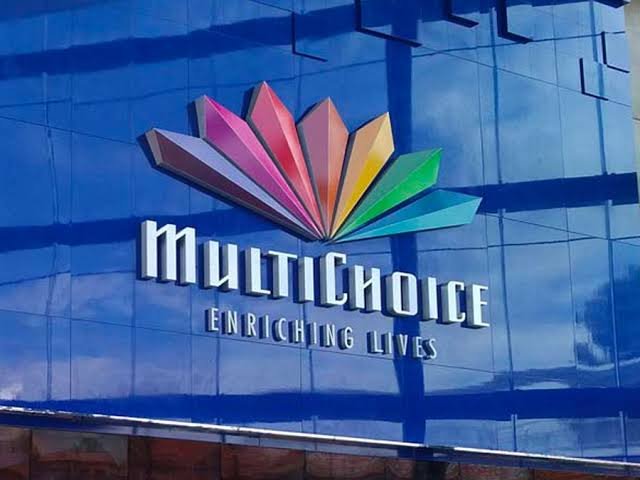
Following two subscription rate increases within five months by DSTV/GOTV, Nigerians are looking for better alternatives to MultiChoice, the South African-based parent company of both firms. Many Nigerians feel that the services of both companies have left them feeling cheated, especially in light of current economic conditions. As a result, there is a growing need for alternatives to cater to the needs of subscribers.
Many subscribers have questioned why the pay-as-you-watch option is not made available to Nigerians, which would allow them to control what they spend on cable TV subscriptions, as is the case in the telecommunications sector. This option becomes increasingly more logical given the erratic nature of electricity supply in the country. Most Nigerians, including parents and children, spend a significant number of hours outside their homes during the day, except during holidays. Additionally, the DSTV and GOtv networks tend to fluctuate, and viewers often have to wait for some time for viewing to be restored.
It appears that the need for alternatives may soon be satisfied with the emergence of Port-Harcourt-based Pay TV provider, SLTV from the stables of Metro Digital Limited, TSTV Africa, and others that have continued to excite Nigerians. Aside from traditional satellite and cable TV providers, Nigerians are also embracing IPTV, Internet Protocol Television, which has provided thousands of households with thousands of foreign and local live TV channels and on-demand content. This service offers a plethora of channels and streaming services without the constraints of traditional cable or satellite setups.
SLTV, which recently won a long legal battle against Multichoice for the broadcast rights of premium sports channels in the country, has been enjoying rave reviews from Nigerians who see it as a solution to MultiChoice’s monopoly on the Nigerian Pay TV landscape. This is due to the affordability of their subscription rates, which come at a modest fee of N2,500 and N5,000 respectively for a month. Similarly, TSTV Africa, another Pay TV operator, recently came on board with the offer of exciting indigenous and foreign content, and has been enjoying rave reviews from customers.
Users of the PAYTV operator reserved kudos for the innovation brought about by the operator which includes pay as you watch and the option to pause your subscription. A subscriber named Tuoyo Ojo praised TSTV for offering an alternative for viewers, stating that the service had over 100 channels that show movies, both local and international recent movies, lovely music channels, many educative children’s channels, including the Tom and Jerry channel, religious channels, soap opera channels, sports channels, and several others.
For SLTV, it has been a long and tortuous journey, going toe-to-toe with Multichoice in the court of law and emerging victorious. Their legal battle with MultiChoice began in 2019 when the company approached the Federal High Court, Port Harcourt, armed with the amended NBC (National Broadcasting Commission) code that specifically prohibits the exclusivity of premium channels, including football channels. The court ruled against Metro Digital TV, stating that MultiChoice could not sublicense the license to the programs requested by Metro Digital, as it did not own them, unlike shows owned by the South African company.
Undeterred, Metro Digital TV took its case to the Appeal Court, where Justice Olabode Adegbehingbe supported the suit of Metro Digital, ordering MultiChoice to sublicense the channels within 21 days, under the supervision of the NBC. It was this judgement that has now given Metro Digital TV the rights to broadcast English Premier Leagues (EPL), which has been the sole exclusive rights of MultiChoice.
The advent of IPTV or Internet Protocol Television has also provided another option for consumers of live TV and on-demand content across multiple devices, becoming a necessity for many households. It offers a plethora of foreign and live local channels and streaming services without the constraints of traditional cable or satellite setups. However, this service requires a strong internet service.